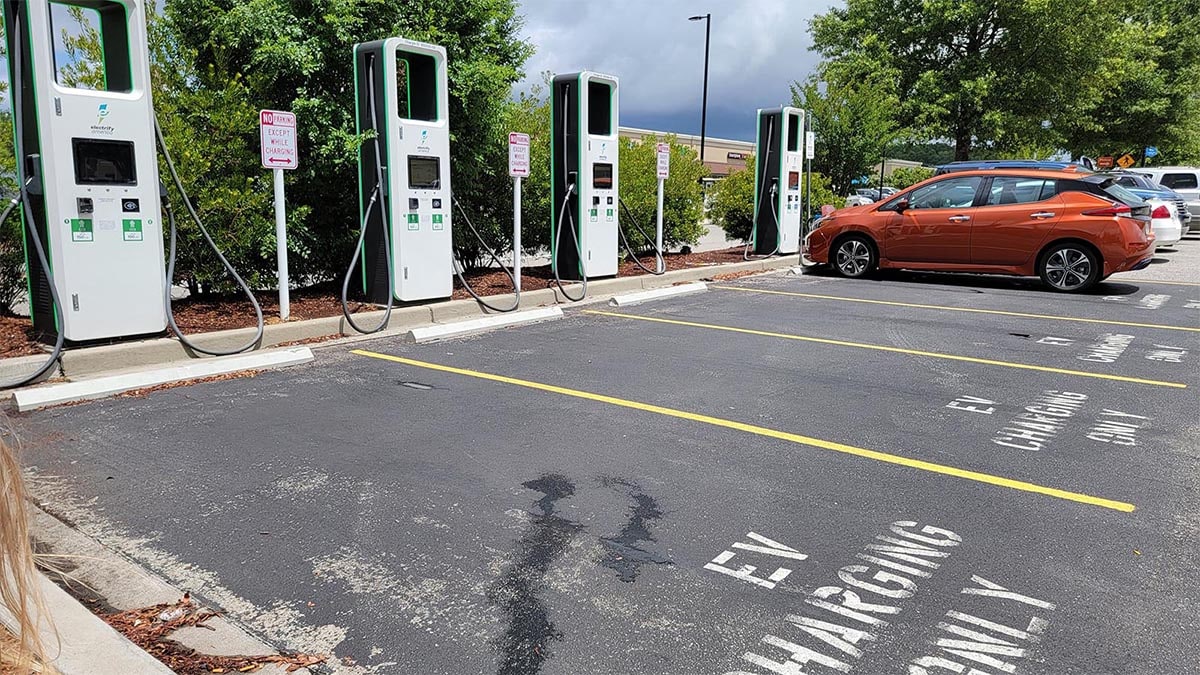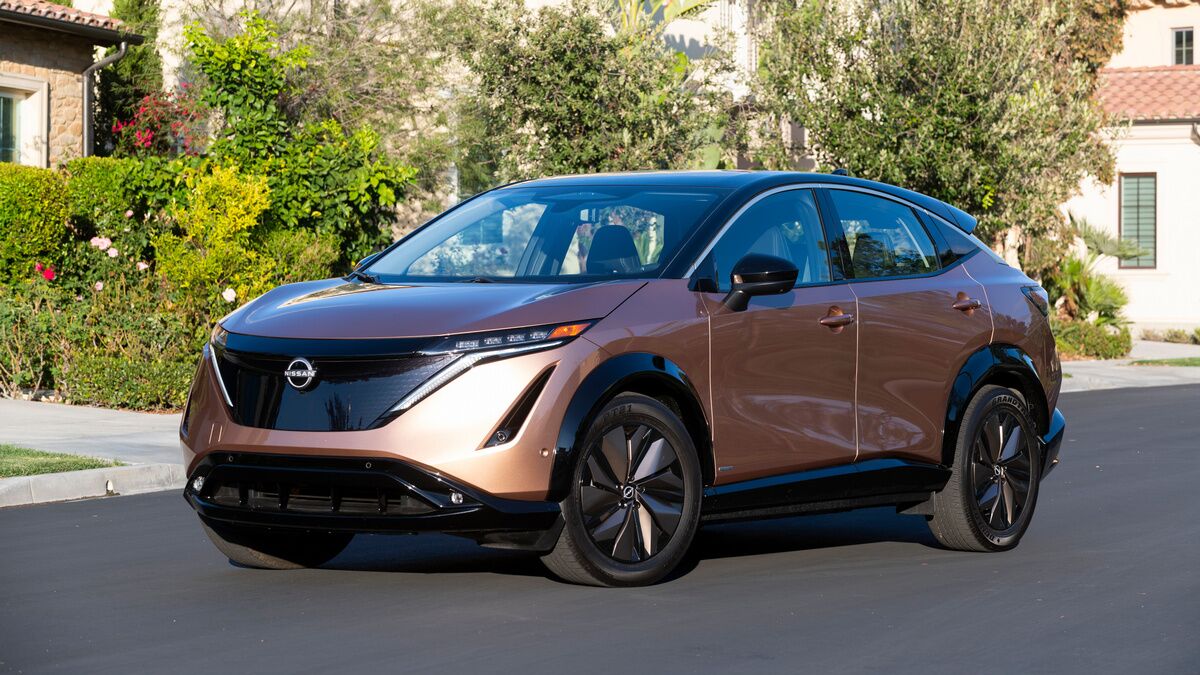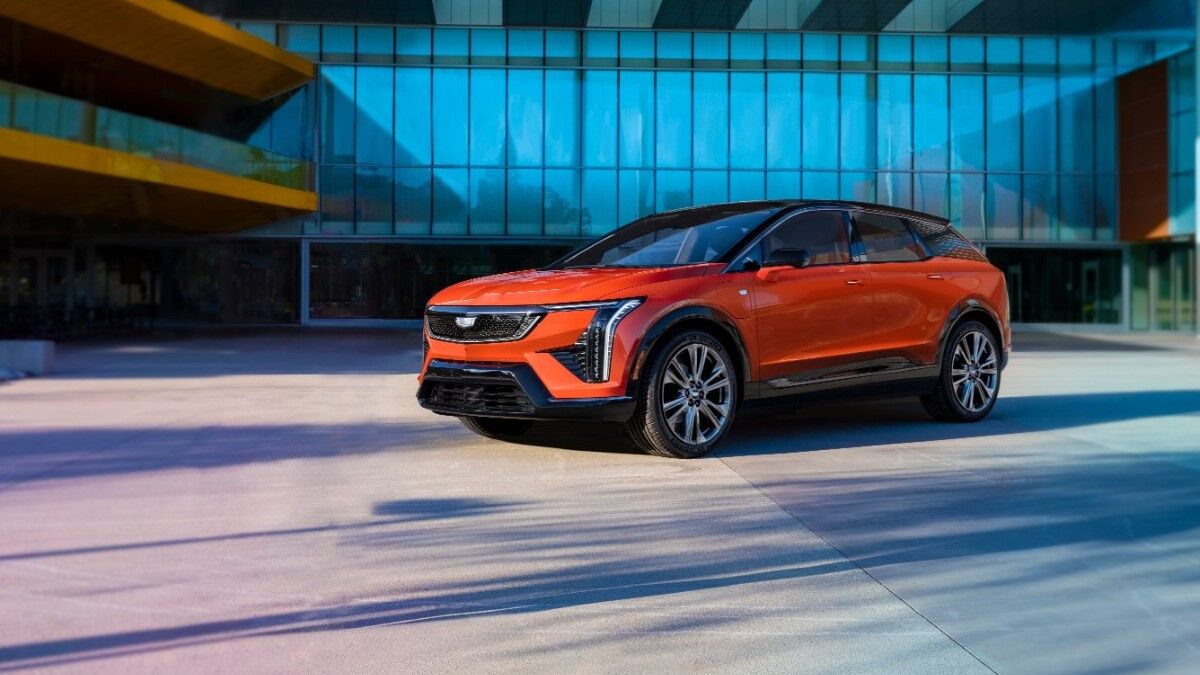The clock is ticking on a major change that could end federal electric car tax credits on many cars in less than five weeks. Federal regulators are haggling over definitions, trying to balance spurring demand for more electric vehicles (EVs) against concerns about trade with China. And a new report says the White House may be looking for a way to delay the rule change.
The Problem: A Jan. 1 Deadline
The federal government provides a tax rebate of up to $7,500 toward the purchase of many electric cars.
The law that created the credits – 2022’s Inflation Reduction Act – enacted several provisions that govern them.
Buyers must meet certain income caps to qualify, and vehicles must fit under certain price caps. Vehicles must be assembled in North America to qualify. None of those provisions change over time. But other parts of the law do change.
Two separate sets of rules govern where batteries are produced and where the minerals within them originate.
For half the credit to apply, automakers must build at least 50% of the car’s battery in North America. That requirement increases to 60% on Jan. 1. It holds at 60% for another year, then increases by 10% every year until it reaches 100% in 2029.
For the other half of the credit to apply, certain critical minerals must originate in the U.S. or its major trade partners. That requirement also ladders up over time. It sits at 40% today but jumps to 50% in January. It will cap at 80% in 2027.
Beginning Jan. 1, Americans will also be allowed to use the tax credit as a down payment rather than waiting for April to claim it.
The Debate: Speed EV Adoption or Slow China?
Congress often writes general goals into law and relies on the departments of the federal government to write the specific regulations that will implement them. That rulemaking process is subject to heavy debate and influence from lobbyists. It’s as important as lawmaking but more specific and with less media attention.
The Inflation Reduction Act charges the Treasury Department with writing the specific rules that control what minerals the law applies to, how the government will determine where they originate, and other minutiae that could affect which cars qualify for the discount.
That process, The New York Times reports, is proving “a tricky calculation.”
“China dominates production of materials, like graphite and processed lithium, that are essential to the flow of electricity within a battery,” the Times explains. Automakers find it hard to source those materials from supply chains that never touch China or Chinese-owned firms.
If the Treasury Department writes the rules loosely, automakers will have more flexibility in obtaining cheaper supplies. That could keep EV costs down – the average EV has already seen its price drop by about 20% this year – speeding adoption of electric cars.
But “miners and other makers of battery materials and components say that allowing China to supply cheap parts could open the United States to a flood of foreign products. That would ensure that the United States was merely an assembly point for Chinese-made technology and products and leave the U.S. economy highly vulnerable.”
Eliminating China entirely from supply chains could keep EV prices inflated. The mineral and automotive industries will eventually develop new sources. But, the Times reports, the rulemaking process is holding that up.
“Until the final rules are issued, some companies have halted plans for new U.S. investment, conscious that their business calculations could change significantly in the coming months.”
Senator: Biden May Delay Rules
With the clock ticking, at least one lawmaker thinks the administration will pause the rules.
“The Biden administration has discussed granting automakers a temporary reprieve from new rules poised to limit a consumer tax credit for electric vehicles that contain certain materials from foreign adversaries,” Bloomberg reports.
Sen. Debbie Stabenow (D-Mich) told Bloomberg, “We’re in ongoing discussions,” adding that she has “weighed in to express support for the concerns of the automakers.”
It’s unclear, however, that the text of the law allows the administration to delay the rules.
If You’re EV Shopping, You Might Want To Move Now
The issue is complex, but it has a single lesson for car shoppers – many EVs might lose federal tax credits on Jan. 1. We’ve asked every automaker with a car that qualifies for the credit whether their vehicles will qualify next year. We got exactly one straight answer – Chrysler is confident that the Pacifica will still qualify on Jan. 1.
The rest of the industry is unsure.
We’ll keep you posted as the debate unfolds. But if you’re in the market for an EV and need to buy soon, many EVs could be $7,500 cheaper on Dec. 31 than on Jan. 1.








